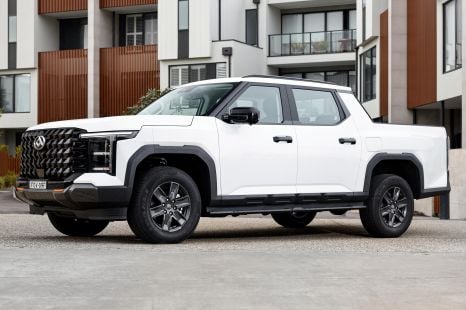

Damion Smy
3 Days Ago
Australia's number-two car brand says a federal action plan needs to developed to avoid state-by-state complexities, as Victoria, NSW and the ACT all go their own way on EV support.

Senior Contributor
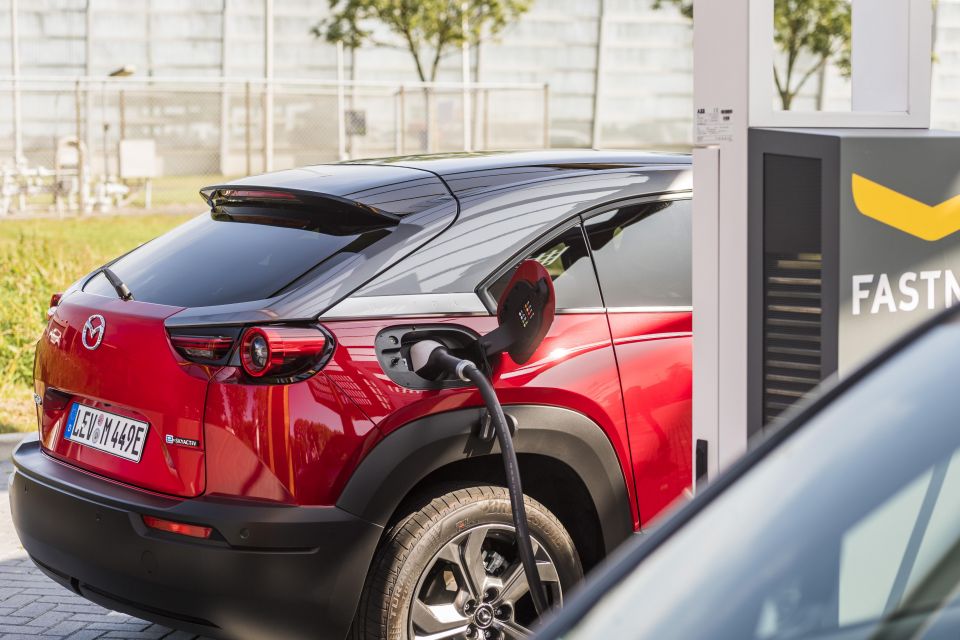

Senior Contributor
Mazda, Australia’s second biggest-selling carmaker, wants a Federal electric-vehicle (EV) support plan to head-off growing “state-by-state complexities”.
The Japanese brand will launch its first electric car in August, the quirky MX-30 city crossover. Globally between 2022 and 2025 it will launch five hybrid, five plug-in hybrid, and three pure-electric models or variants.
The company’s stance echoes that of the Federal Chamber of Automotive Industries (FCAI), which serves as the car brands’ chief lobby group.
MORE: Australia needs national EV policies, not piecemeal state ones
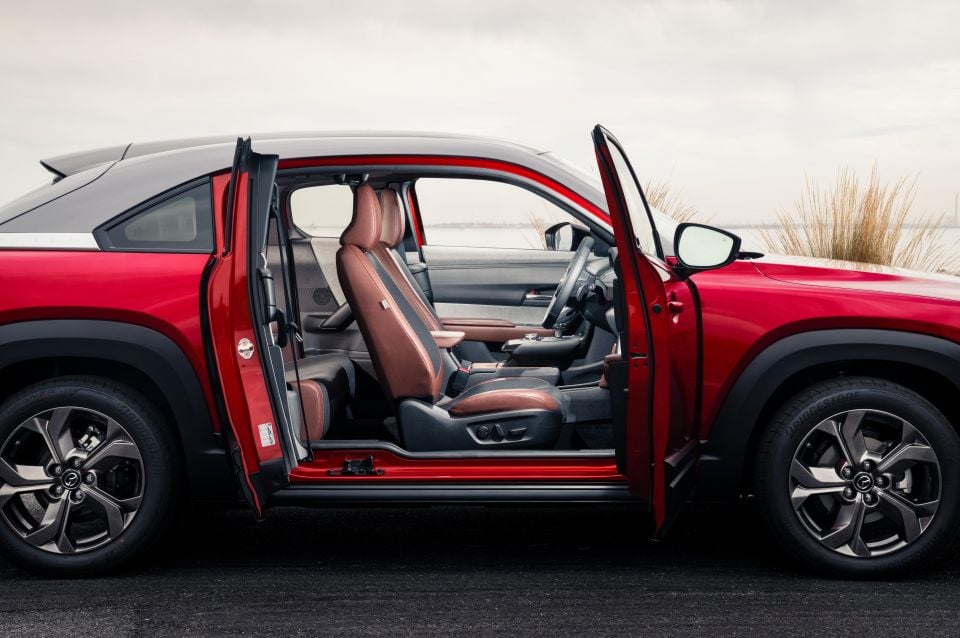
Rather than focusing on policy levers such as subsidies, Mazda instead wants the Federal government to invest in renewable energy generation and charging infrastructure.
In lieu of a national policy to support zero-emission cars, Australia’s various states and territories are rolling out their own specific support packages. This risks creating a policy patchwork.
Victoria’s ALP charges EV drivers a road tax in lieu of fuel excise, but also wants half of all new cars sold from 2030 to be zero-tailpipe-emission. It has therefore announced $3000 subsidies for non-premium EV buyers, a public-servant fleet turnover, and a $19m cash injection into public charging.
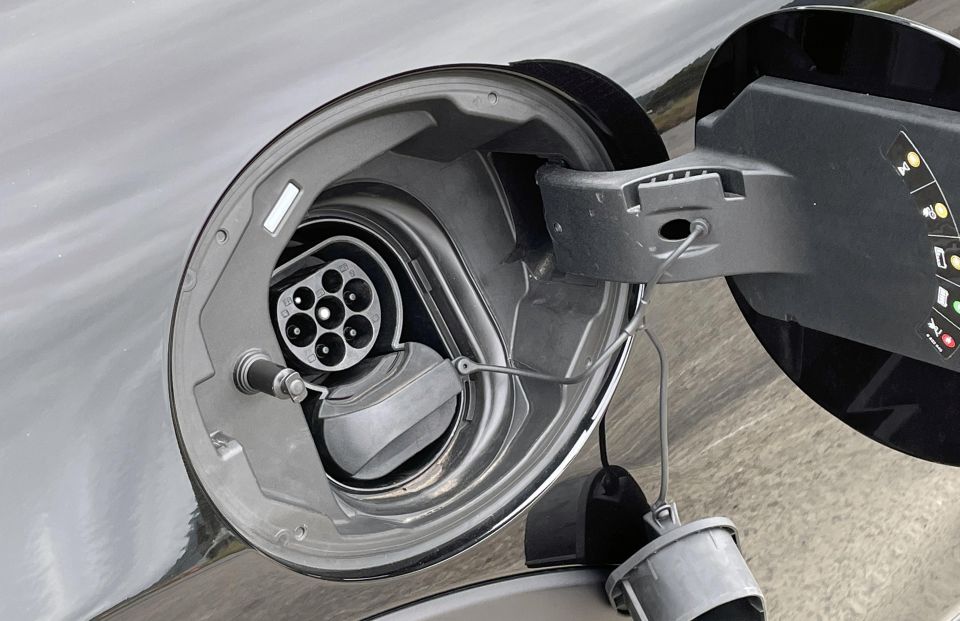
The Australian Capital Territory’s ALP and Greens parliament already waives stamp duty for EVs, wants to only sell zero-tailpipe-emission cars from 2030, and plans to offer EV owners free registration and interest-free $15,000 car loans.
At least 50 charging stations will be built across Canberra, imminently.
Meanwhile the New South Wales Coalition government recently announced a $490 million package to become “the Norway of Australia”, waiving stamp duty for non-premium EVs, offering a direct $3000 rebate to buyers, turning over its public-servant fleet, and pumping $171m into charging infrastructure.
It follows on from a recent NSW announcement of $380 million (2021-22 budget) in funding for electricity infrastructure reform, to bring online 12 gigawatts of renewable energy and two gigawatts of storage by 2030.
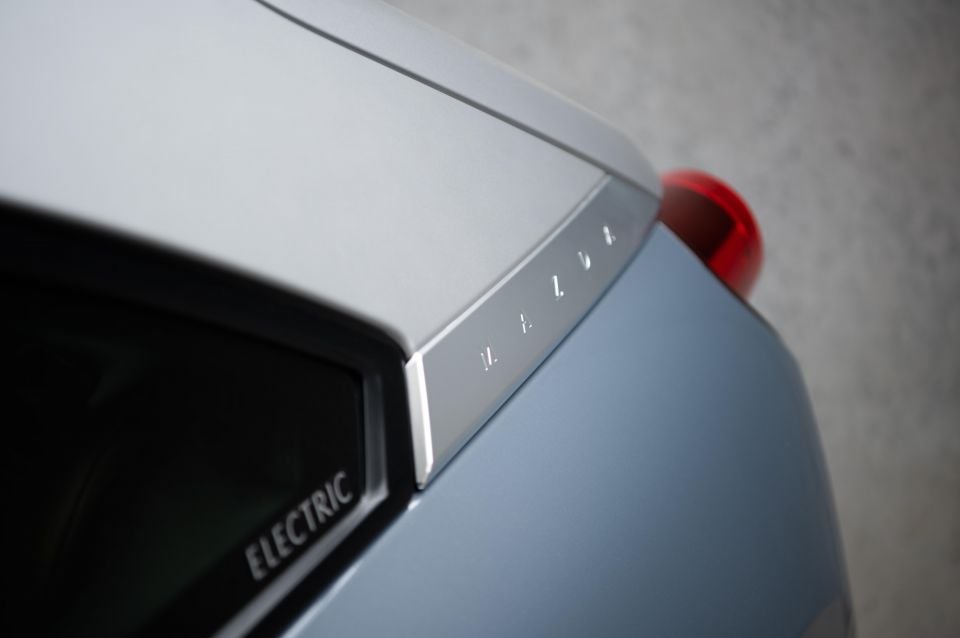
It’s the NSW example that particularly appeals to Mazda Australia’s managing director Vinesh Bhindi.
“The reason I like the NSW one is its balance, and in the forefront it’s about investment in renewable generation and infrastructure. That’s the piece I think federal can play a part of,” he told CarExpert this week.
“When it comes to subsidies, I don’t think federal needs to play a part there. It’s up to the individual state governments if they choose to do that,” he added.
As mentioned earlier, Mr Bhindi’s comments echoed that of the FCAI, whose chief executive Tony Weber said the following:
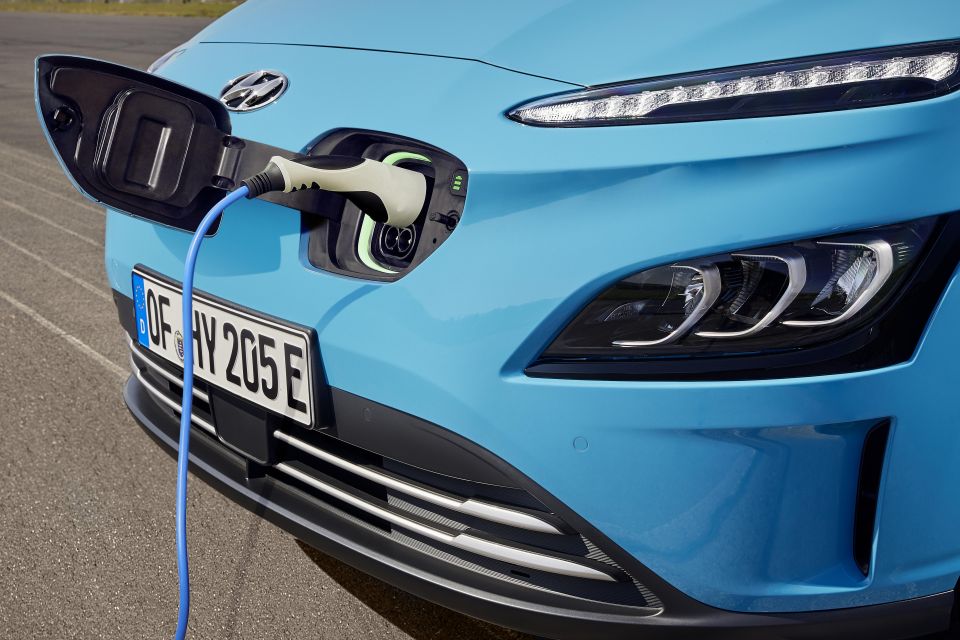
“The FCAI has consistently advocated for a national approach to these issues that ideally would be Federally-led to avoid the prospect of individual State Governments introducing their own standards and incentive programs in support of ZLEVs.
“Consistency is the critical element for Australian customers. If other States introduce their own programs, they must align. Otherwise, the result will be another disjointed and chaotic system like the introduction of different rail gauges across the country.”
Sales of EVs lag in Australia, with market share generally failing to break 1.0 per cent. In most countries where they’ve achieved cut-through, they’ve benefitted from advantageous public policies justified by the reduction in pollution and CO2 they drive.
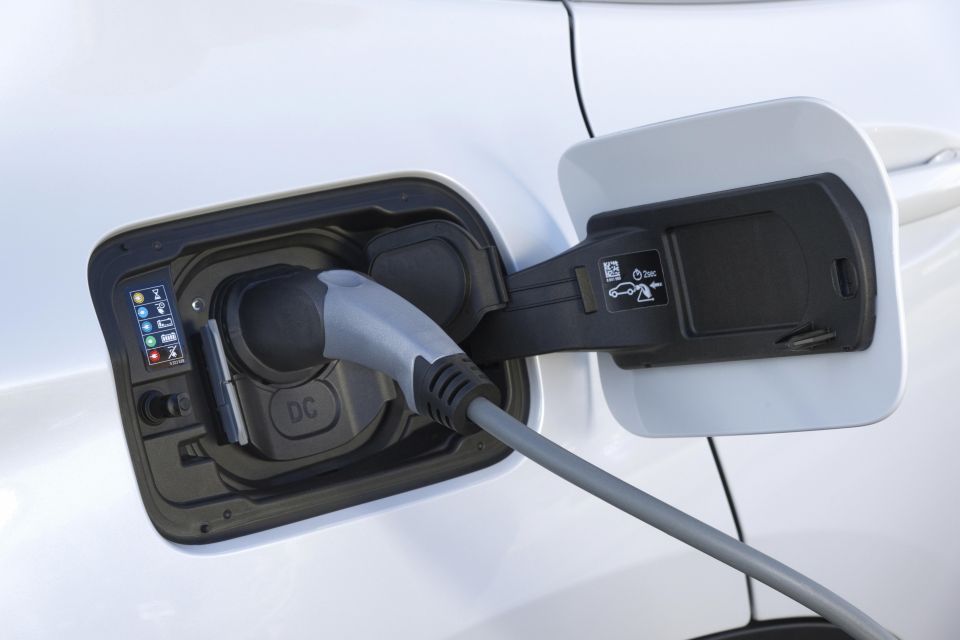
A few weeks ago, our friends over the ditch in New Zealand announced up to $8625 in Federal EV incentives on sub-$80,000 cars from July, which looks a lot like what we’ve seen governments across much of Europe and China (for example) offer.
US President Biden earlier this year pledged to switch the entire US Federal fleet with American-made electric vehicles.
There’s no marked Australian Federal Government support of this type yet, although the Federal ALP Opposition has announced plans to slash EV prices should it win election, and multiple States and Territories are also rolling out strategies of their own.
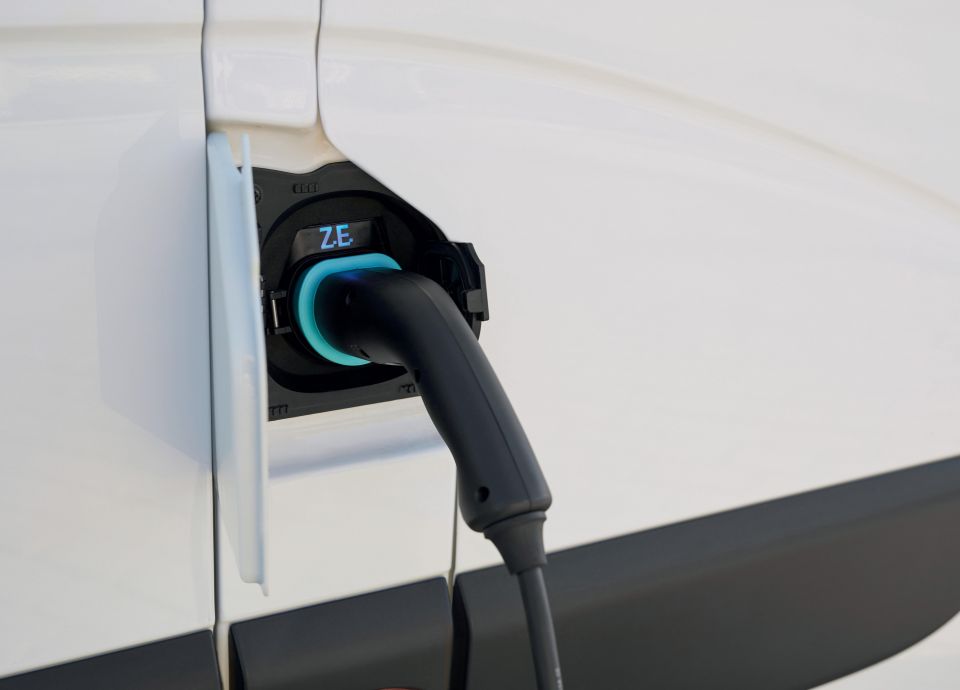
Carmakers have even introduced their own voluntary CO2 emission-reduction roadmap under the FCAI peak body, in lieu of government action, though this is really more about messaging than impact in this writer’s opinion.
MORE: Australian electric vehicle launch calendar MORE: Australia needs national EV policies, not piecemeal state ones
CarExpert does the hard work to get you the best price. No negotiating, no hidden costs, just expert help and real savings on your next new car.


Damion Smy
3 Days Ago
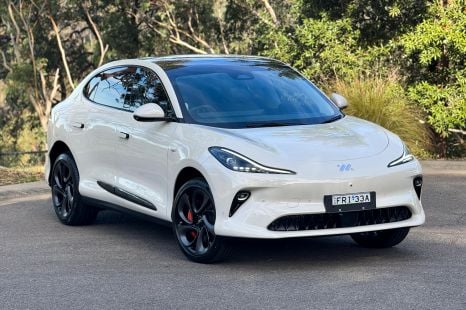

Matt Campbell
2 Days Ago
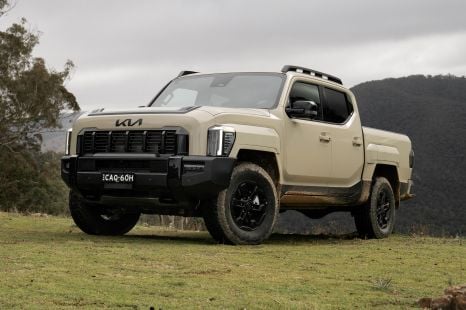

Josh Nevett
1 Day Ago
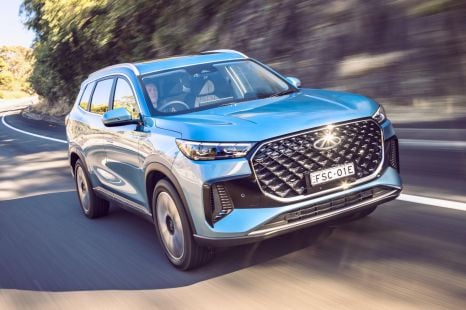

Max Davies
1 Day Ago
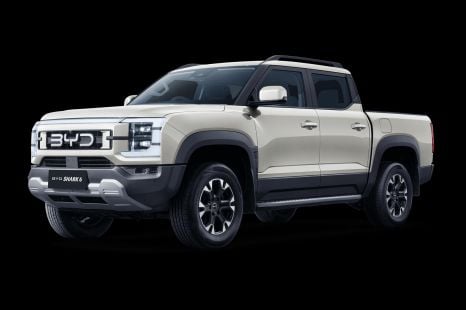

William Stopford
1 Day Ago
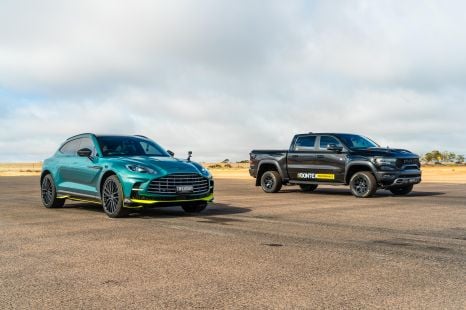

Paul Maric
1 Day Ago